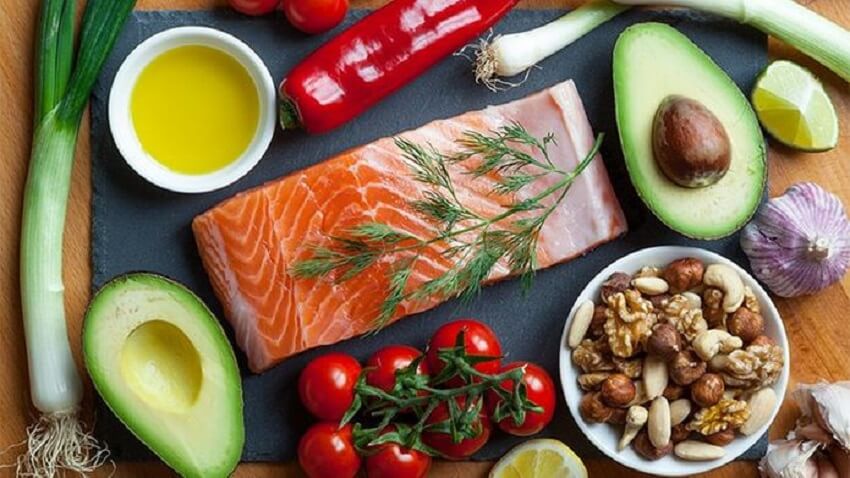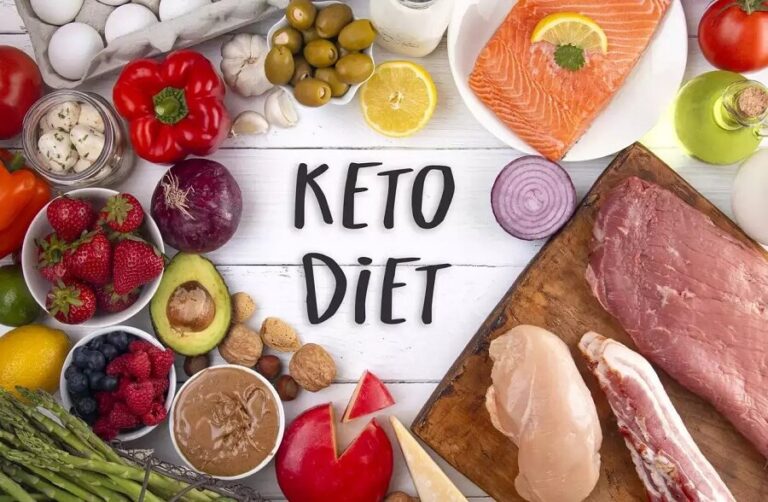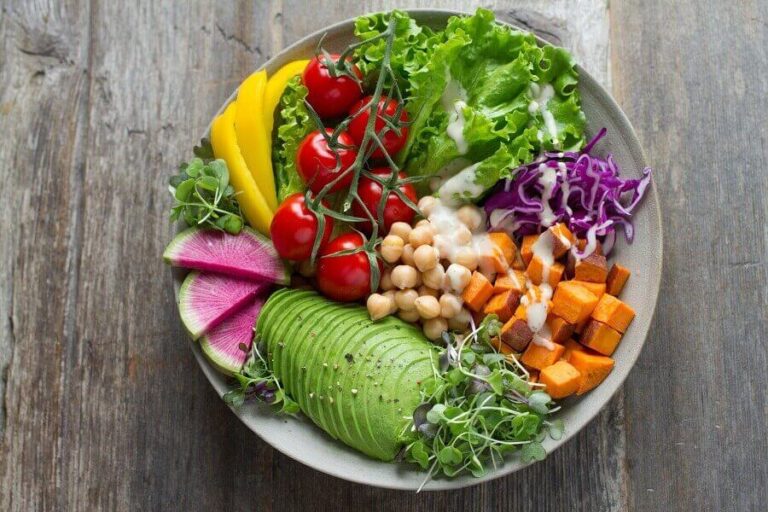The keto diet is an increasingly popular method of losing weight. However, your nutrition rules can confuse you when starting this regimen.
When we talk about keto nutrition rules, we are not only talking about calories, but we have to think about macro and micronutrients. Providing a sufficient amount of these elements will allow the body’s transition by reducing carbohydrates to be much smoother.
This article describes the most critical keto nutrition rules.
What is keto?
The word keto is short for ketogenic, the English word for the ketogenic diet.
The ketogenic or keto diet is a deficient carbohydrate diet that forces your body to change its fuel type.
Instead of relying on sugar (glucose), which comes from carbohydrates, The keto diet changes the body’s rules and allows the use of ketone bodies, a type of fuel that the body makes from body fat.
In its origins, the keto diet was created by doctors as a nutritional method to control cases of epilepsy. Today, it is considered an eating plan to lose weight quickly.
RELATED:
Keto nutrition rules
If you have decided to lose weight with this method, you should know the basic nutrition rules. The most crucial thing in keto is to increase your consumption of a particular type of macronutrient: fats. Proteins are allowed in moderate amounts, and carbohydrates are limited to the maximum. The keto nutrition rules are:
- 75% fat, 15% protein, 10% carbohydrates
A basic rule of thumb for keto nutrition is to keep the percentage of carbohydrates, proteins, and fats at 75-80% fat, 10-15% protein, and 5-10% carbohydrates.
These ratios are for you to stay in ketosis. To know how to count macros, you can check an example in – how to count macros. Or if it is more convenient for you to download an application for your mobile.
- Less than 50 grams of net carbs per day
On the keto diet, the amount of net carbohydrates is reduced to about 20 – 50 grams per day. (4) If you consider going keto, you should start cutting out grains, some fruits, and most flours. Recommended: How to Calculate Your Net Carbs.
- Drink more water
As the word indicates, carbohydrates are accompanied by water molecules. By reducing these foods, the first thing you will do is remove water from your body.
Dehydration is a common nutrition problem when starting the ketogenic diet and can be a cause of keto flu symptoms. To avoid this, you can increase the amount of water you drink per day by 30%.
- More electrolytes
Electrolytes are essential minerals to keep you healthy: potassium, sodium, magnesium, etc. There are more chances of not meeting your daily needs by doing the ketogenic diet.
One of the rules of keto nutrition is to increase the consumption of electrolytes; for this, you can take keto supplements or increase the consumption of salts or certain food groups.
- Know how to choose healthy fats
The first rule of thumb for keto nutrition is to eat 80% fat. Therefore, it is essential to choose between good and bad fats. As a general rule, the healthy fats on the keto diet are high-quality vegetable oils: olive oil, coconut oil, chia oil, flax oil, and Omega-3 fatty acids. Butter, bacon, and other saturated fats are allowed in smaller amounts.
- Don’t forget the vegetable fiber.
One of the most common mistakes when doing the ketogenic diet is not eating foods with plant fiber. Fiber is a type of carbohydrate indigestible by the human body, so it will not be counted in your net carbohydrates.
Consuming low-carbohydrate vegetables is an essential nutrition rule to avoid constipation, improve the digestion process, and even reduce appetite. These foods are peppers, broccoli, aubergines, zucchini, bell peppers, spinach, kale, celery, and cabbage.
- Low carb fruits
Low-carb fruits are also allowed on keto. These are blackberries, strawberries, blueberries, and moderate portions of some citrus fruits such as kiwi are also allowed. If you do not want to have nutritional problems such as a lack of vitamins and minerals, you should follow this rule.
RELATED:
Other Keto Nutrition Tips for Beginners
The keto diet is an effective, fast weight loss method and is considered safe. However, it should not be taken as a lifestyle; otherwise, side effects may appear.
In terms of nutrition, the macro ratios are not ideal. While burning fat can have its benefits, overdoing it can damage your body. For keto nutrition, don’t extend it for more than 12 months as a rule of thumb.
On the other hand, while on the keto diet, low-carb sugar substitutes are allowed. A basic rule of thumb is not to go overboard.
Several studies affirm that sweeteners should be consumed in moderation when it comes to losing weight. The reason is that when the sweet taste reaches the mouth, the brain triggers similar mechanisms in the body to those that occur when we eat sugar. (4.5)
When the brain gets used to this stimulus, it automatically goes on auto-pilot, searching for carbohydrates, which could intensify the urge to eat something sweet. For this reason, a keto nutrition rule is to avoid excess sweeteners. Other Keto Nutrition Tips:
- Do not extend it for more than 12 months
- No excess sugar substitutes
- Consult with a nutritionist before starting
- Follow up with lab tests
RELATED:
ABSTRACT
When doing the keto diet, you must follow specific nutrition rules.
The most important ones are: not eating more than 50 grams of net carbohydrates per day, increasing the consumption of electrolytes and vegetable fiber, and knowing how to choose the good fats.
Other keto nutrition tips include avoiding excess sweeteners and not extending them for more than 12 months.







